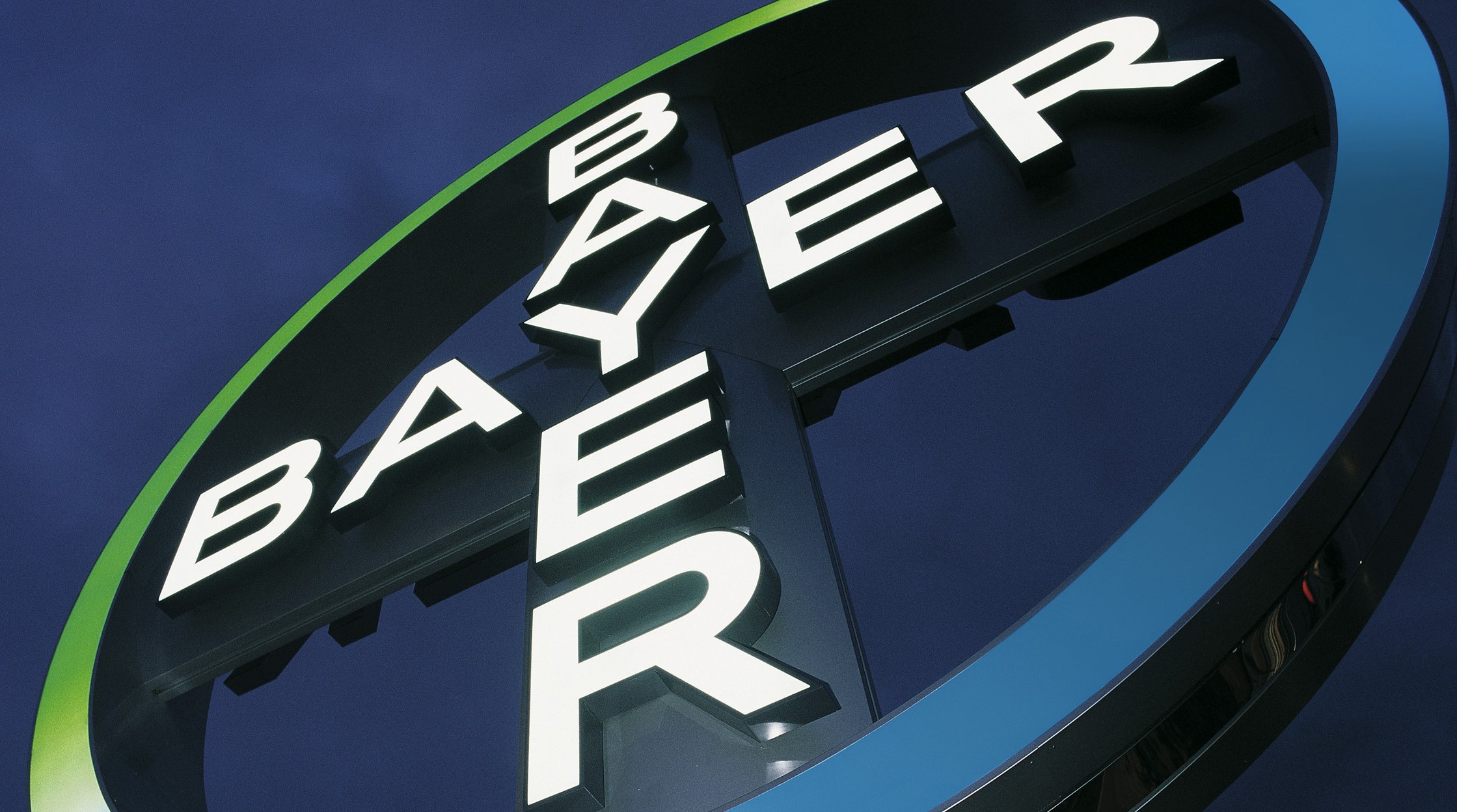Bayer aims at J&J and Pfizer with new prostate cancer drug

The FDA has approved Bayer and Orion’s prostate cancer drug darolutamide in the early stages of the disease as it takes on rivals such as Johnson & Johnson.
Bayer and Orion think that their drug, which will be branded as Nubeqa may have a safety advantage over competitors and is tipped to break through the billion-euro annual sales barrier.
Like J&J and Pfizer/Astellas, Bayer is aiming at the group of men who are diagnosed with the disease following a blood test, but whose cancer has not spread to other parts of the body.
Analysts think that the side effect profile is favourable based on trial data so far, but efficacy is comparable and this may not be enough to win over prescribers looking for an improvement on the rivals, which have only recently been approved in this use.
On Nubeqa’s side is the FDA’s decision to grant a faster six-month Priority Review – reserved only for drugs that represent a significant improvement over existing options in safety or efficacy.
Approval is based on data from the phase 3 ARAMIS trial in men with non-metastatic castration-resistant disease, which showed a statistically significant improvement in metastasis-free survival for darolutamide plus androgen deprivation therapy (ADT).
In ARAMIS, 1,509 patients were randomised in a 2:1 ratio to receive 600 mg of darolutamide twice a day or placebo along with ADT.
The trial showed that Nubeqa plus plus androgen deprivation therapy (ADT) demonstrated a highly significant improvement in the primary efficacy endpoint of metastasis-free survival (MFS), with a median of 40.4 months versus 18.4 months for placebo plus ADT group.
J&J’s Erleada (apalutamide) was first to market in this indication, approved in February last year after data in the SPARTAN trial showing MFS of 40.5 months, compared with 16.2 months in patients taking placebo.
Pfizer/Astellas’ rival Xtandi (enzalutamide) was approved in the same indication shortly after – in the PROSPER trial MFS was 36.6 months for those treated with Xtandi plus ADT, compared with 14.7 months in those treated with placebo and ADT.
Bayer is also developing darolutamide in metastatic hormone-sensitive prostate cancer, where the phase 3 prostate cancer trial ARASENS is testing its safety and efficacy.












